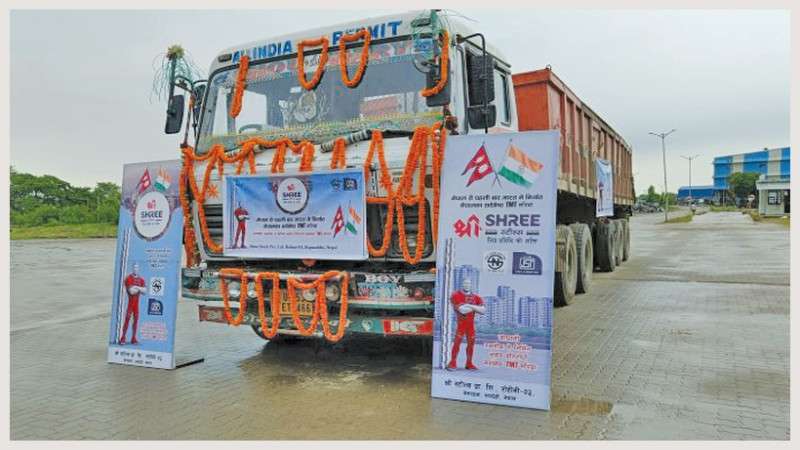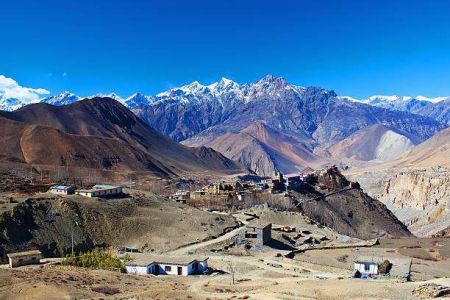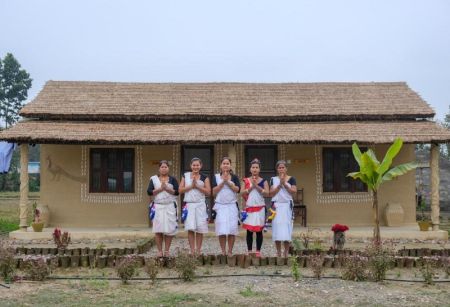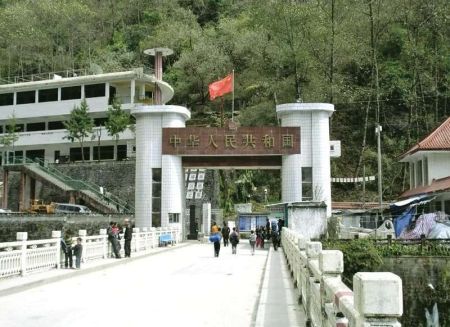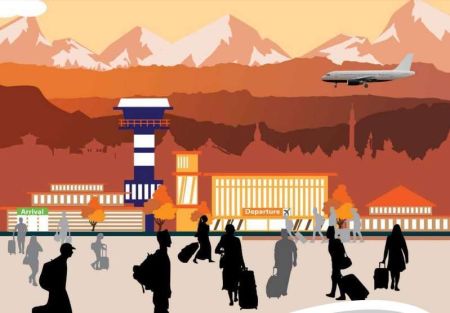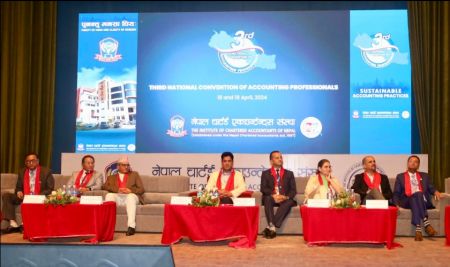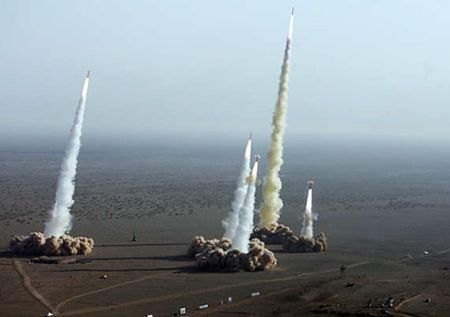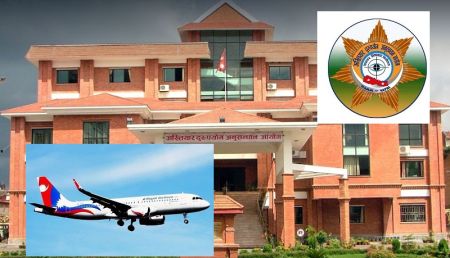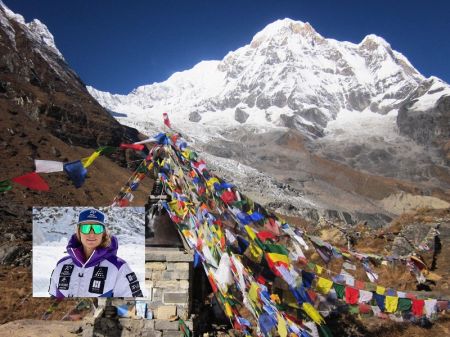July 21: Within four years of its establishment, Shree Steel has started exporting TMT steel from Nepal. Shree Steel, an iron-rod producing company with investment of Rs 3 billion, officially started exporting steel on Wednesday (July 20).
Rajesh Agarwal, the owner of the industry, informed that Shree Steel is producing 800 metric tons of rods daily, and has exported rods worth around Rs 2.4 million to India.
He said that more than Rs 2 billion was invested when the industry was established in 2018, and the total investment has now reached Rs 3 billion.
Although the company has started exporting steel officially, it had decided to export the product regularly only after the government implements its decision of providing 8 per cent cash subsidy on exports.
"We were preparing for export from the beginning," Agarwal said, "Because the cost of steel production was high, we were not in a position to export, but due to the government's policy, the process for export has begun. If the export is to be regular, the government must introduce a work procedure,” he adds.
After the government included steel in the list of items that will get cash subsidy for export in the budget of the current fiscal year, rod producers are eager to export their product.
Shree Steel had to wait for more than 15 months for quality certification from the Indian government. Such quality certificates are mandatory for export to India. Shree Steel's factory employs 500 people at Semerhawa in Rupandehi. The industry uses Japanese technology for producing steel. The industry has been producing steel from quality prime billets. The industry claims that steel made with Japanese technology is also earthquake resistant.
According to Agrawal, the billet, which is made from sponge iron, is used to produce TMT rods. The government has given a considerable discount on the import of sponge iron and scrap. Agarwal said that if the government provides cash subsidies for exports, the cost of production can be reduced by at least 2 to 3 per cent. He said that due to this, the price can be competitive.
The government plans to give an 8 per cent cash subsidy to cement and clinker exporters, and Palpa Cement has already started exporting cement. Shree Steel claims to be the first company to export steel. Various business houses have invested in the industry. Kedia Organization, Siddharth Group and Uma Group of Industries have a joint investment in this industry. Especially after the earthquake of 2072, there has been a significant increase in investment in the cement and iron rod industry.
Due to this, the production capacity of industries is more than the domestic demand of Nepal. Export of cement and rod is taking place even when the industries have not been able to operate at full capacity. According to Nepal Rolling Mills Association, there are 32 rod industries in Nepal.


